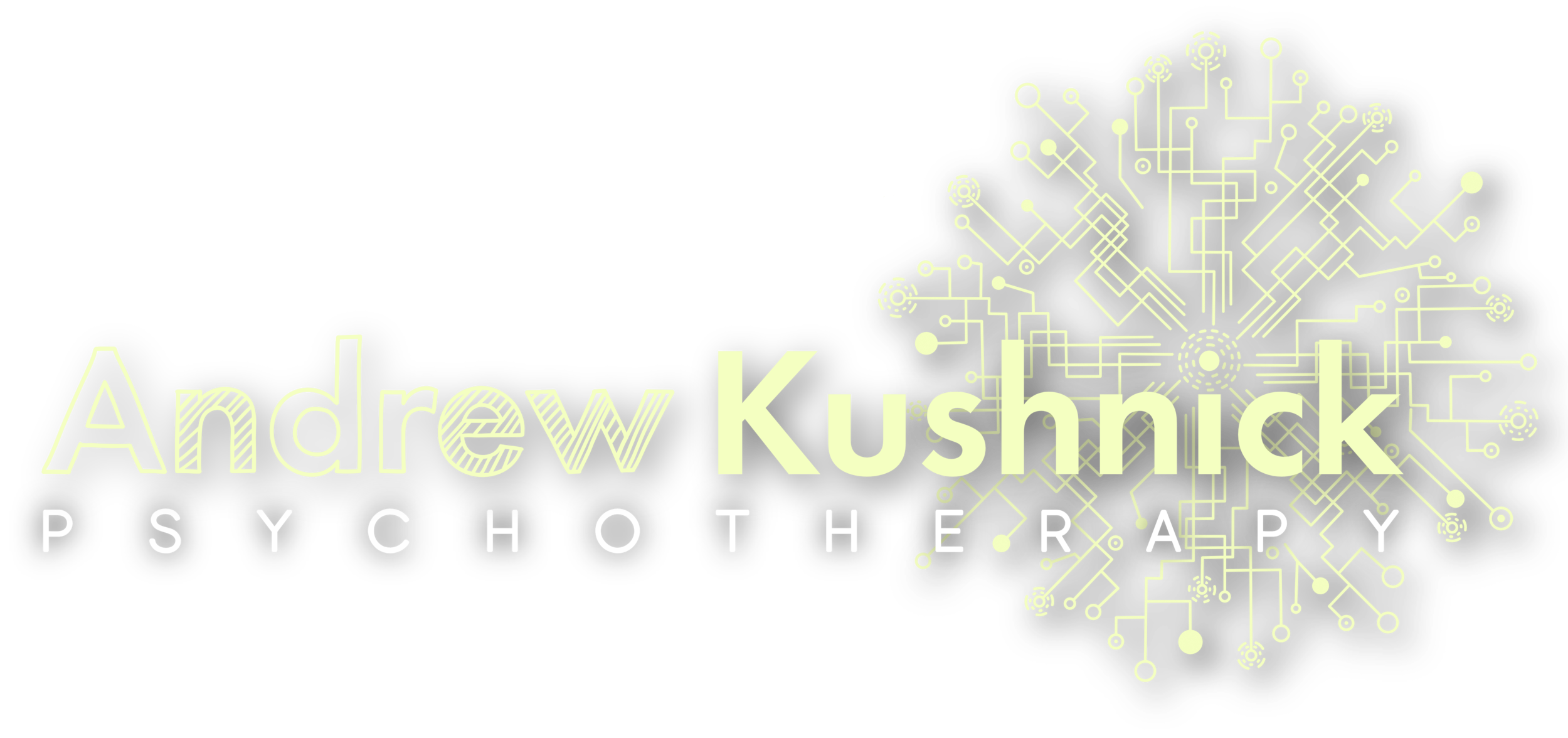What is relational trauma, and can EMDR help?
We are all wounded. Though not necessarily in the physical sense, we have all been impacted. None of us is immune.
Baby is scared by her own belch. Baby’s face shows it. Mommy is looking in the other direction. Baby cries. Mommy may not have noticed what baby was feeling. If she did, Mommy may not have known how to soothe baby. Either way, baby stores that experience. Baby has adapted to what mommy needed.
Baby is now a kindergartner. “Daddy, I hate school. A girl in my class was mean to me.” Daddy lifts his head up, says “Don’t listen to her,” and looks back down at his phone. The young child walks away, perhaps not consciously sensing at the time that her emotional experience wasn’t captured, that her personhood was overlooked.
Assume that these experiences of misattunement play out repeatedly, even daily. This young child rarely has her emotional experience mirrored. She’s been deprived of the opportunity to “know herself.” Instead, to make the best of a bad situation, over time she learns that to get by in this household, she has to be what’s expected of her (“a good girl,” quiet), instead of what she feels and is.
What is relational trauma?
Relational trauma occurs “in the context of a relationship,” and involves “something that happened or did not happen (e.g. neglect) to the client that has caused him or her harm.” This form of trauma can be subtle, even invisible. For example, a well-meaning caregiver might fail to attend to the child’s emotional needs. The caregiver might provide inconsistent attunement… sometimes noticing what the child is feeling, other times overwhelmed or distracted, perhaps by their own anxiety or depression. It may be a case of “benign neglect,” in which a good portion of the child’s time (and emotional life) is experienced alone. Relational trauma can arise from emotional, physical or sexual abuse committed by someone the child had trusted. It can also extend beyond caregiver relationships. A child overhears a repeated hateful exchanges between her parents or witnesses her sibling being spanked. The child is ridiculed by a sibling, left out of a friend group, bullied by a classmate, shamed by a teacher. Each of these can be experienced as betrayal within a relationship, and can stored as trauma.
Attachment, registered in the brain
By contrast, imagine the young child who is fortunate enough to have a caregiver who responds in a welcoming way to her feelings, most of the time. Over time, the child will come to rely on this relationship as a place where she can feel what she is feeling, and all will be well. “What registers internally, then, will be a visceral sense that connection to others can be a source of relief, comfort and pleasure.” This early attachment stimulates the brain’s neural circuits, growing integrative fibers. Later in life, that child will be comfortable and adept at knowing and showing how she feels, which helps her form close emotional relationships.
But what happens when these neural circuits are not activated… when no one helped the child to manage scary events, talking about her scary feelings so that her world can feel safe? The child then tries to put those feelings (maybe all feelings) as far away as possible. Later in life, when natural emotions arise, that child is more likely to ignore them, or dismiss them as invalid. This can cause doubts about self-worth, and difficulties navigating relationships. But fortunately, that young child is not stuck with the cards she was dealt.
Attachment-Focused EMDR
Countless studies have shown EMDR to be effective in treating symptoms of single-incident traumas (e.g. a car crash, a sexual assault, a single-event crime). Attachment-Focused EMDR begins with the basic structure of the original EMDR protocol, and adds various innovations, adapting them for individuals who have experienced relational trauma. The goal is to help you internalize a felt sense of secure attachment, promoting a solid sense of self.
By addressing this subtle but pervasive trauma that occurred during the important years of development, Attachment-Focused EMDR can lead you towards healthier relationships with the important people in your life, including yourself.
--
I was fortunate to have been trained in EMDR and Attachment-Focused EMDR by the Parnell Institute. I offer EMDR for the treatment of traumatic stress, anxiety, panic attacks, complicated grief, past emotional, physical or sexual abuse, and disturbing memories. For clients who have experienced relational trauma, I offer Attachment-Focused EMDR.
References
DeYoung, P.A. (2015) Relational psychotherapy: A primer. New York, N.Y.: Routledge.
Parnell, L. (2013) Attachment-Focused EMDR: New York, N.Y.: W.W. Norton & Company.
Schore, A. (2002). Advances in neuropsychoanalysis, attachment theory, and trauma research: Implications for self psychology. Psychoanalytic Inquiry, 22, 433-484.
Wallin, D.J. (2007) Attachment in Psychotherapy: New York, N.Y.: Guilford Press.

